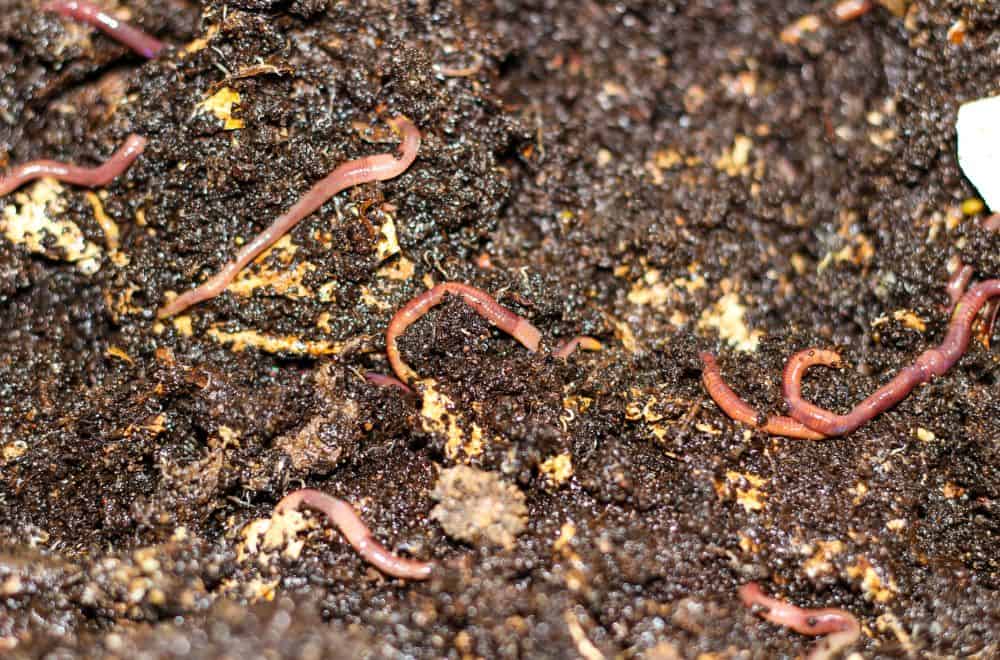Worm composting, or vermiculture, is a sustainable and highly efficient way to transform organic waste into nutrient-rich soil. Through this method, various species of worms, primarily Red Wigglers (Eisenia fetida) and European Nightcrawlers (Eisenia hortensis), consume organic material, digest it, and excrete a fertile substance called worm castings. This process doesn’t just help in managing waste; it also creates a potent soil supplement that enriches gardens and aids in the growth of healthy plants.
The Composition of Worm Compost
Worm compost, also referred to as vermicompost or worm castings, is the end product of the breakdown of organic material by worms. It consists of worm feces and decomposed organic matter and is packed with beneficial microbes, nutrients, and enzymes. Worm compost is known for its high nutrient content, which includes essential minerals like nitrogen, phosphorus, and potassium, along with a multitude of micronutrients.
The Benefits of Worm Compost
Worm compost offers numerous benefits to plants and soil. It enriches the soil with vital nutrients necessary for plant growth, leading to healthier, more robust plants. Moreover, the structure of worm compost improves soil’s water-holding capacity, promoting better moisture retention. This means gardeners may find they need to water their plants less frequently.
The microorganisms present in worm compost also play a vital role. They aid in breaking down organic material in the soil into plant-accessible nutrients. Furthermore, they can help suppress certain plant diseases, reducing the need for chemical treatments.
Producing Worm Compost
Producing worm compost is a process that involves maintaining a worm bin or a worm farm. The worm bin is filled with bedding, such as shredded paper, cardboard, peat moss, or coco coir. The worms live in this bedding and are fed with organic waste, which can range from fruit and vegetable scraps to coffee grounds and tea bags.
The worms consume this waste, digest it, and excrete worm castings. With regular feeding and care, a healthy worm bin can convert organic waste into worm compost over a period of a few months. The compost can then be harvested from the bin and used directly in the garden or potting soil.
Using Worm Compost
Worm compost can be used in a variety of ways. It can be mixed directly into garden soil or potting mixes to enrich them with nutrients. It can also be used as a mulch or top dressing for plants. In addition, worm compost can be steeped in water to produce “worm tea,” a nutrient-rich liquid that can be used as a soil drench or a foliar spray.
The Sustainability of Worm Composting
Worm composting is not just beneficial for plant health and soil fertility; it is also a sustainable practice that helps reduce waste. By converting organic waste into a valuable resource, worm composting supports a circular economy and reduces the amount of waste going to landfills.
In conclusion, worm composting is a fantastic method for both waste reduction and the creation of a high-quality soil amendment. It’s a testament to the remarkable capabilities of worms and their significant role in our ecosystems.
